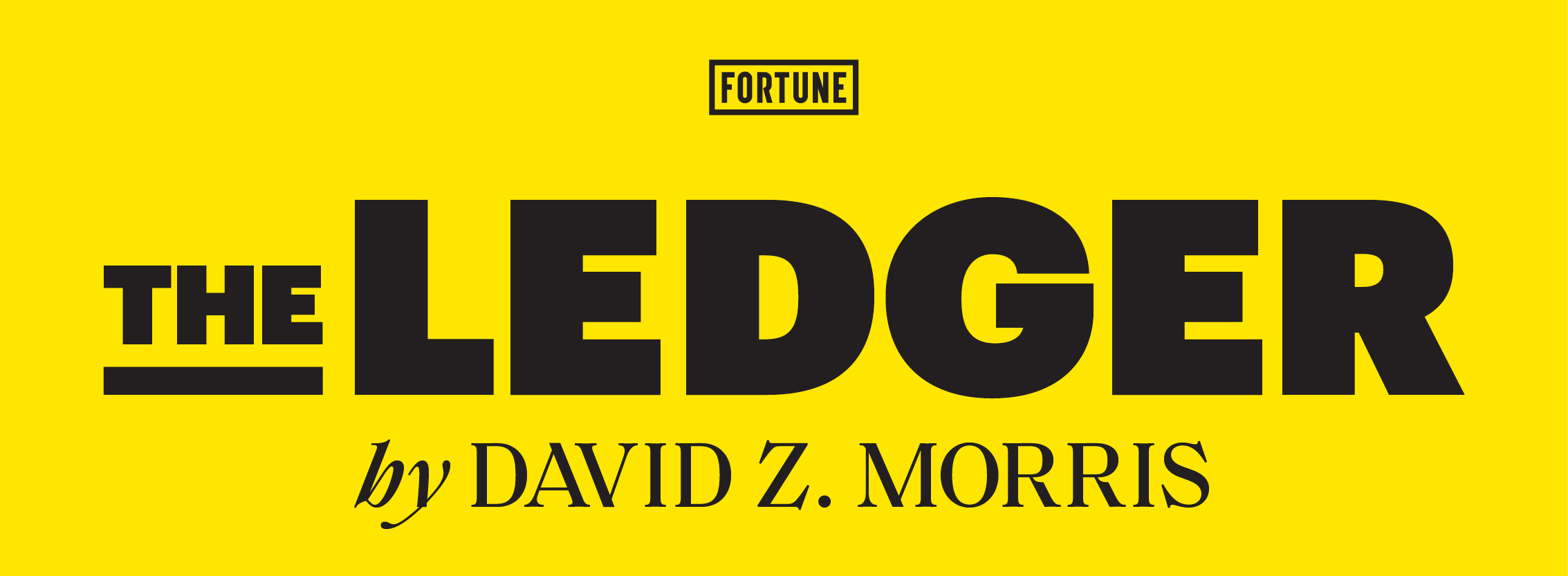Fintechs aren’t the answer for financial justice, says one lender
At Fortune, we've recently highlighted the structural barriers to wealth arrayed against African-Americans and other minority groups, and efforts to address them. We've delved into mortgages, banking access, and the limits of technology in addressing racism (and meanwhile, how the overwhelming whiteness of investment management is costing everyone money).
I recently learned about another path to equitable finance in conversation with Andy Posner, founder and CEO of Capital Good Fund. Capital Good Fund is what's known as a Community Development Financial Institution. CDFIs are banks, lenders, or even venture capital funds with a federal mandate to provide financing to communities that have limited access to mainstream options. The certification was established in 1994, and the roughly 1,000 CDFIs operating today are eligible for an array of federal grants and programs.
Posner founded Capital Good Fund in 2009, in the throat of the financial crisis. But he was less interested in one crisis than in the much longer-run persistence of the racial wealth gap, and the role of limited credit access in perpetuating it.
CDFIs can address a number of financial issues faced by marginalized communities. But Capital Good Fund is specifically focused on personal consumer loans, where low-income customers' only choice is often high-interest, and often predatory , payday lenders. CGF's loans range from $300 to $25,000, and include loans for cars, rental deposits, immigration legal fees, and home improvement. Posner says the repayment rate on the loans is 95%.
Posner says CGF is now the only nonprofit consumer lender operating at a relatively large scale, though by most standards it's still small, with just $3 million lent in 2019. But it's on a strong growth trajectory: it loaned only $350,000 in 2015, but lent $345,000 this June alone.
What I found most interesting was Posner’s distrust, bordering on disdain, for fintechs. Though Capital Good Fund accepts all applications online, and relies on online search for a lot of referrals, he argues the fintech model of using data to approve loans is often window dressing.
"If you charge 100% APR, you don't need big data," he says. "You can almost use a randomizer to make your decision." Posner is flirting with hyperbole, but many fintechs charge upwards of 30% for short-term unsecured loans, and north of 100% is not unheard of.
Posner says the venture-funded nature of most fintechs forces them to seek high returns, limiting any social good. "The whole idea of 'do good to do well,' it's bullshit except in a few cases. It's a math problem … There's no way to do a $300 loan at under 36% APR that's profitable. It just doesn't work." Posner says most loans from Capital Good Fund carry an APR of 14%, thanks to access to low-cost capital through the CDFI program.
Beyond the economics, Posner is skeptical of algorithmic lending more generally. "If anything, data reflects the flaws and biases you already have in your economic system. [Fintechs] aren't building their algorithm to take into account structural racism. I don't think it's possible."
Instead, Capital Good Fund approves loans the old-fashioned way, using human underwriters. "We take about 15 minutes [to review applications], but our underwriters look at things more holistically, which is not as profitable. For instance, if we get someone [referred] from Sojourner House," a domestic violence shelter in the Bronx, "We can tease out whether the bad credit is due to the abuser or the survivor."
Posner's goal right now is to scale Capital Good Fund to $90 million in loans by 2025, when he says loan interest will be enough to make the nonprofit self-sufficient. Currently only about one third of its operating expenses are covered by loan interest, and the rest largely by grants. With the current administration working to roll back restrictions on several kinds of predatory lending, the alternative is needed as badly as it ever has been.
A Final Note: Fortune is seeking nominations for its annual 40 under 40 lists of the most influential young people in business, in categories including technology and finance. Nominations (including self-nominations) will be accepted until Friday, July 3 and can be submitted here.
David Z. Morris
@davidzmorris
david.morris@fortune.com
786%
The current rate of inflation in Zimbabwe . That has led to a variety of mitigation tactics by residents, including some leveraging fintech. Zimbabweans have moved assets en masse from cash into the nation's stock exchange, which has posted illusory returns of roughly 480% since January. That led the government to shut down the stock exchange this week. Meanwhile, other Zimbabweans have been using complex arbitrage through mobile money platforms to hedge inflation risk ... leading the government to shut those down, too. Recent reports have also found heightened demand for bitcoin.
"The cashless movement is a dangerous movement."
Lauren Sanders of the National Consumer Law Center, in a new deep dive from Fortune's McKenna Moore on why America won't be going cashless anytime soon. Moore lays out why going cashless is bad for society, such as excluding the underbanked, eroding privacy, increasing systemic fragility, and limiting consumer freedom. For the low-income, for instance, being forced into the banking and credit card system can involve devastating fees and fines. But despite some popular misunderstandings, there's no federal rule that forces merchants to accept cash. Still, experts say the cashless future has been overhyped: the cashless movement started as far back as the 1960s, and still hasn't managed to go mainstream.
Thanks for reading. If you liked this email, pay it forward. Share it with someone you know. Did someone share this with you? Sign up here. For previous editions, click here.
To view all of Fortune's newsletters on the latest in business, go here.
|







